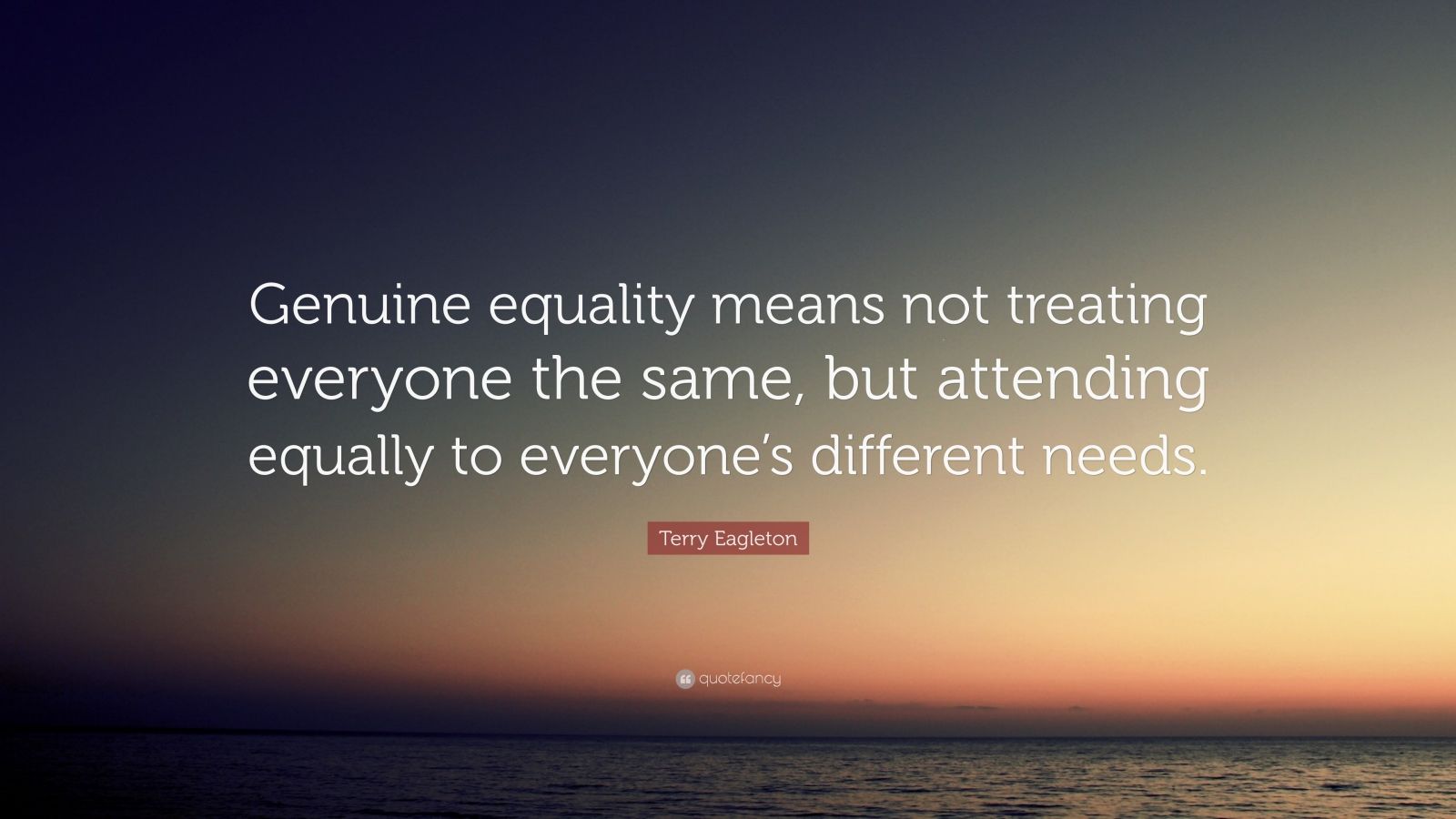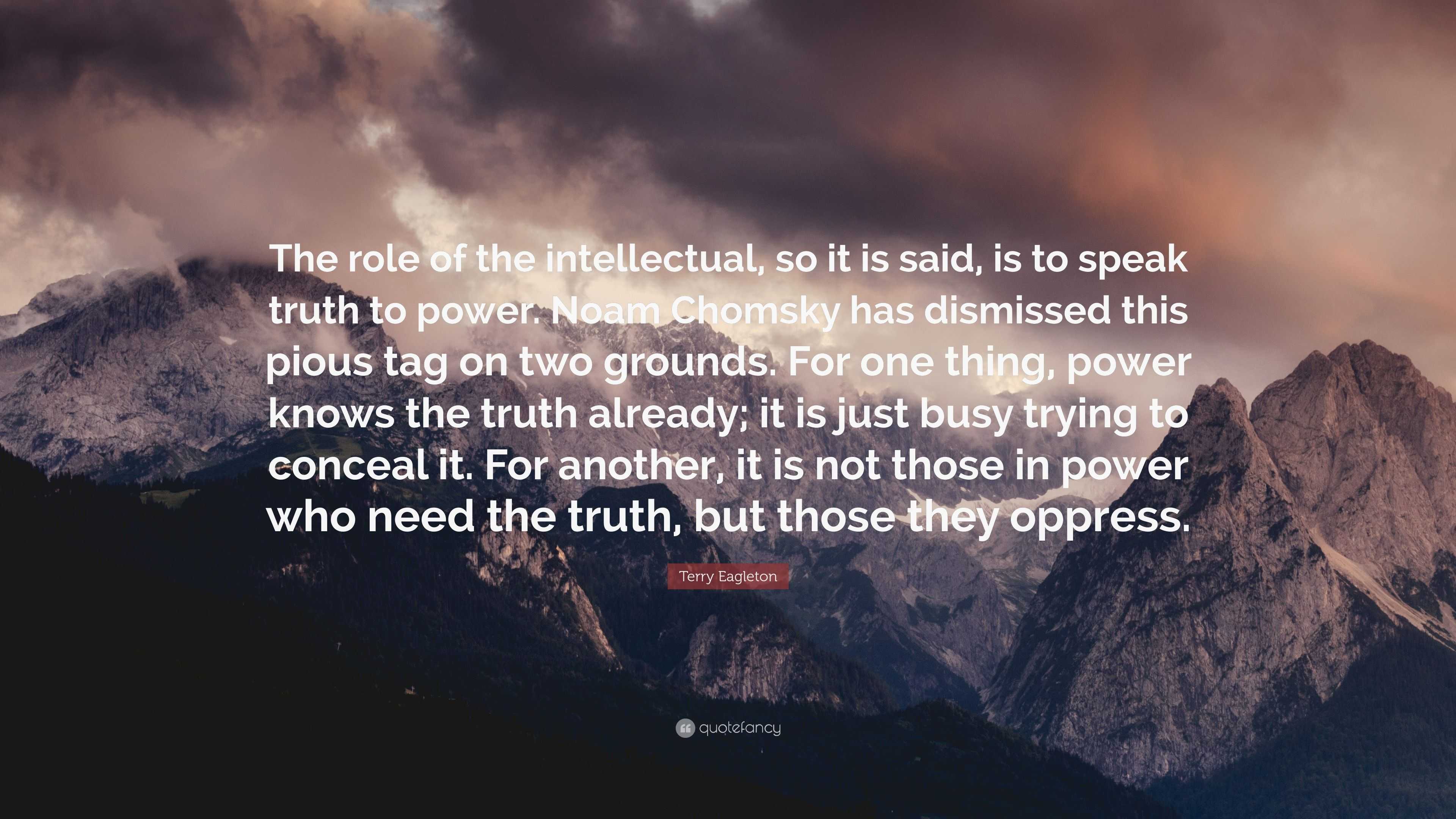
Our expert authors combine facts, analysis, perspective, new ideas, and enthusiasm to make interesting and challenging topics highly readable.Eagleton pre-emptively announces on page one that he's not a philosopher, but anyone tackling this subject is de facto a philosopher the question is, how good? Eagleton indulges in some needlessly laboured analysis of terms, but is less interested in philosophical argument than in sticking it to his enemies, those pesky liberal humanists.ĭespite heavy sniping, he can't find much wrong with the liberal view that we construct meaning(s) for our own lives. These pocket-sized books are the perfect way to get ahead in a new subject quickly.

ABOUT THE SERIES: The Very Short Introductions series from Oxford University Press contains hundreds of titles in almost every subject area. But Eagleton contends that in a world where we need to find common meanings, it is important that we set about answering the question of all questions and, in conclusion, he suggests his own answer. 'Many of the readers of this book are likely to be as sceptical of the phrase "the meaning of life" as they are of Santa Claus', he writes. Instead of addressing it head-on, we take refuge from the feelings of 'meaninglessness' in our lives by filling them with a multitude of different things: from football and sex, to New Age religions and fundamentalism. Refusing to settle for the bland and boring, Eagleton reveals with a mixture of humour and intellectual rigour how the question has become particularly problematic in modern times.

So what is the meaning of life? In this witty, spirited, and stimulating inquiry, Eagleton shows how centuries of thinkers - from Shakespeare and Schopenhauer to Marx, Sartre and Beckett - have tackled the question.

'Philosophers have an infuriating habit of analysing questions rather than answering them', writes Terry Eagleton, who, in these pages, asks the most important question any of us ever ask, and attempts to answer it.


 0 kommentar(er)
0 kommentar(er)
